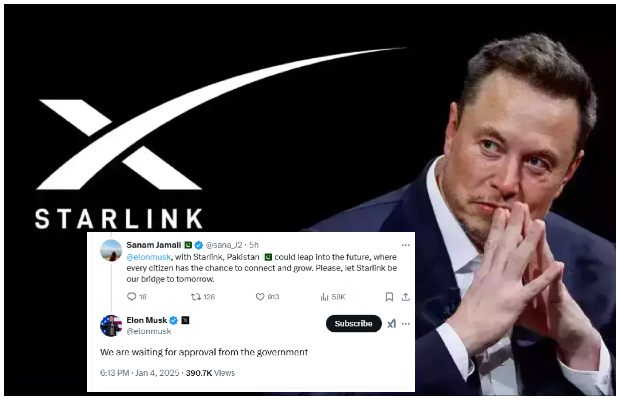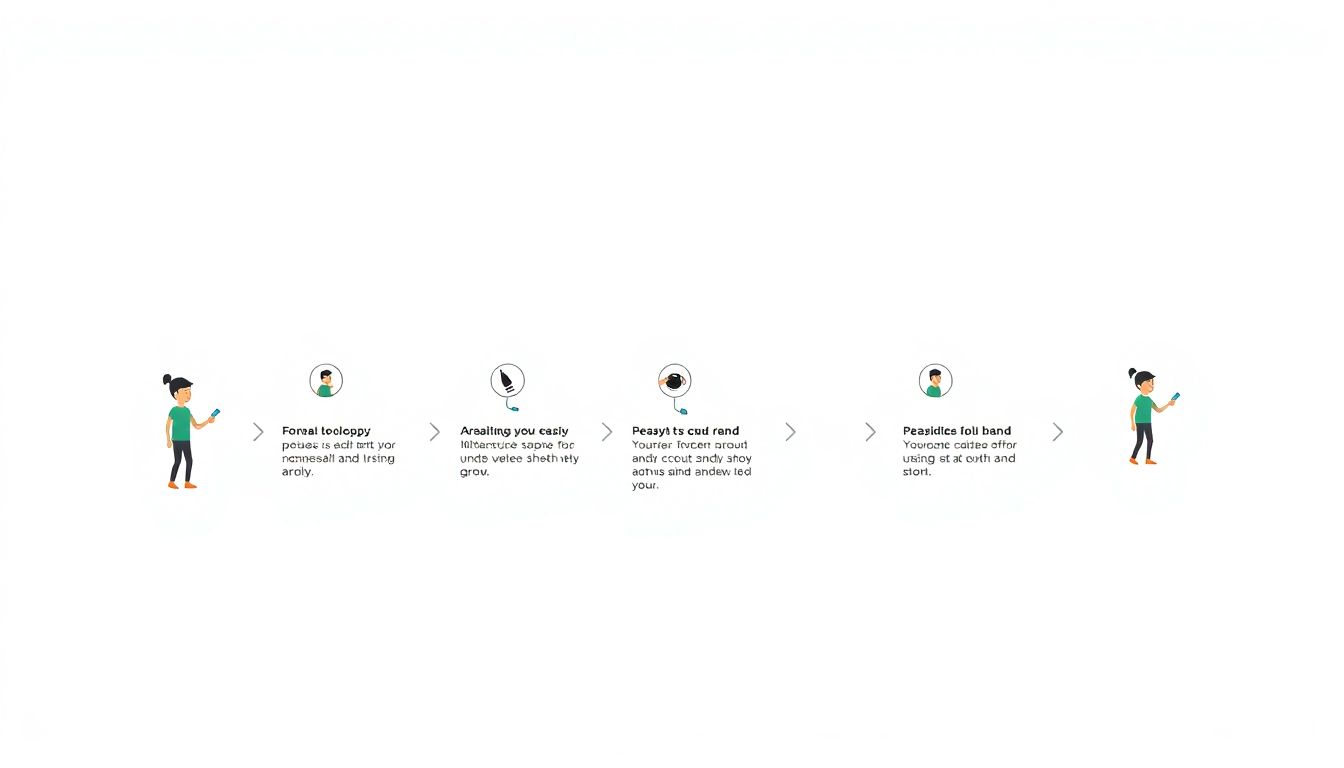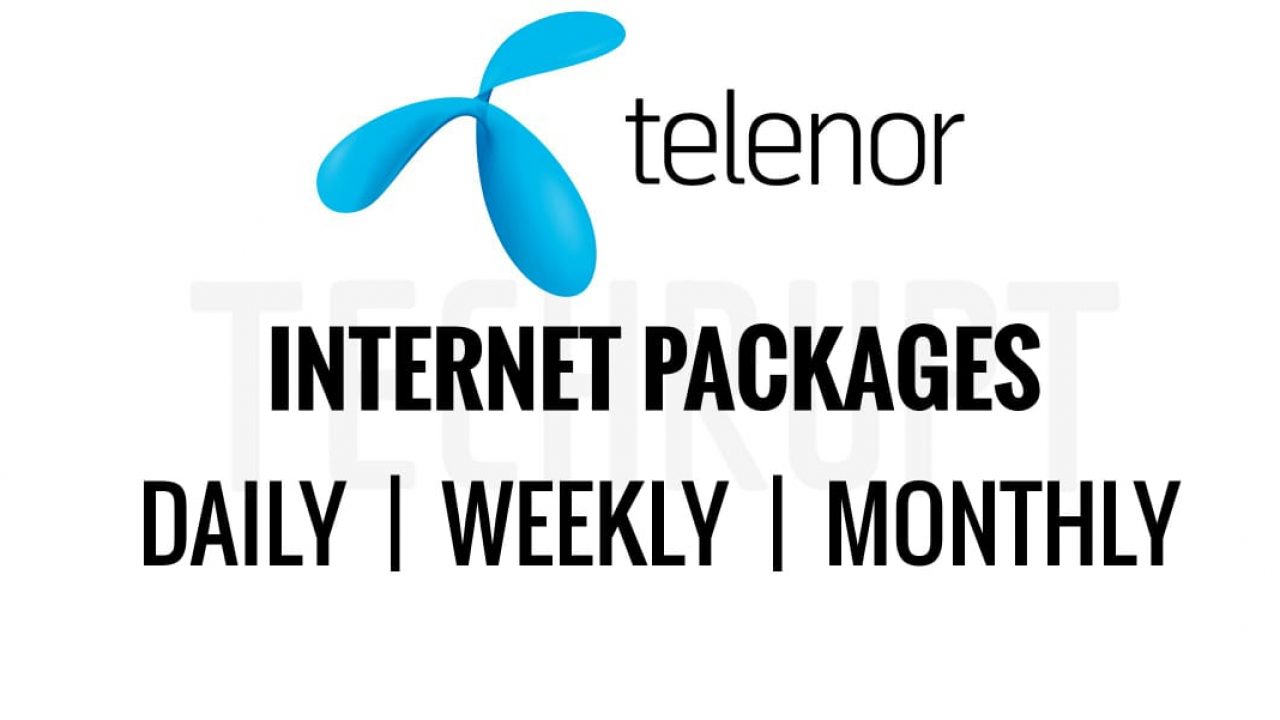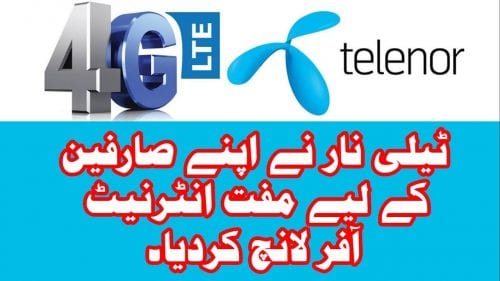Islamabad – Billionaire entrepreneur Elon Musk has confirmed that his satellite internet company, Starlink, has applied to launch its services in Pakistan but is currently awaiting government approval. The announcement, made in response to a Pakistani social media user, has ignited widespread excitement and anticipation across the country, where millions grapple with slow and unreliable internet connectivity.
Table of Contents
Starlink – A Beacon of Hope for Millions:
Pakistan, with its vast and diverse terrain, faces significant challenges in providing consistent and high-speed internet access to its population. Rural areas, mountainous regions, and remote islands often remain disconnected from the digital world, hindering economic growth, education, and healthcare access.
Starlink’s satellite-based internet service, with its potential to deliver high-speed broadband to even the most remote locations, is seen as a beacon of hope for millions of Pakistanis.
Bridging the Digital Divide:
“Starlink could leap Pakistan into the future, where every citizen has the chance to connect and grow,” wrote Sanam Jamali, a Pakistani netizen, in a tweet to Elon Musk. Musk responded succinctly: “We are waiting for approval from the government.” This exchange has sparked a flurry of discussions and debates about the potential impact of Starlink on Pakistan’s digital landscape.
Addressing Critical Needs:
The potential benefits of Starlink’s entry into Pakistan are manifold:
- Improved Education: High-speed internet access would revolutionize education, enabling students in remote areas to access online learning platforms, participate in virtual classrooms, and connect with educators and resources worldwide.
- Economic Growth: Enhanced connectivity would boost e-commerce, telemedicine, and remote work opportunities, empowering businesses and individuals to thrive in the digital economy.
- Enhanced Healthcare: Telemedicine services would become more accessible, allowing patients in remote areas to consult with specialists and receive timely medical advice.
- Disaster Relief: Starlink’s resilient satellite-based network could provide critical communication links during natural disasters, enabling emergency responders to coordinate relief efforts and keep communities informed.
- Social Inclusion: By connecting underserved communities, Starlink could bridge the digital divide and promote social inclusion, empowering marginalized groups to participate fully in the digital age.
Navigating the Regulatory Landscape:
While the prospect of Starlink’s arrival excites many, the path to its launch in Pakistan is not without its challenges. The Pakistani government must carefully consider several factors before granting approval:
- Regulatory Framework: Establishing a clear regulatory framework for satellite internet services is crucial to ensure fair competition, consumer protection, and national security.
- Spectrum Allocation: Allocating appropriate spectrum bands for Starlink’s operations is essential to ensure seamless and efficient service delivery.
- National Security Concerns: Addressing potential national security concerns related to data privacy and foreign interference will be critical.
- Competition and Pricing: Balancing the entry of a new player like Starlink with the interests of existing telecom operators is essential to ensure fair competition and affordable internet access for consumers.
Government Engagement and Collaboration:
The Pakistani government has acknowledged the potential benefits of Starlink and has initiated discussions with the company. Minister of State for IT and Telecom, Shaza Fatima Khawaja, has confirmed that efforts are underway to facilitate Starlink’s entry into the country, while also emphasizing the need for regulatory approvals.
A Pivotal Moment for Pakistan’s Digital Future:
The potential launch of Starlink in Pakistan marks a pivotal moment in the country’s digital journey. By embracing this technology and navigating the regulatory challenges effectively, Pakistan can unlock unprecedented opportunities for economic growth, social development, and digital empowerment.
The Road Ahead:
The coming months will be crucial as the Pakistani government deliberates on Starlink application and finalizes the necessary regulatory framework. While the path ahead may present challenges, the potential rewards for Pakistan and its people are immense.
Conclusion:
Elon Musk’s announcement that Starlink is awaiting government approval to launch in Pakistan has ignited a wave of excitement and anticipation across the country. The potential benefits of Starlink high-speed satellite internet service are significant, ranging from improved education and healthcare to economic growth and social inclusion.
As the Pakistani government navigates the regulatory challenges and paves the way for Starlink’s entry, the nation stands on the cusp of a digital revolution that could transform the lives of millions.
Disclaimer: This article is based on publicly available information and expert opinions. It should not be considered financial or investment advice.
Also read: IT Experts Urge Government to Accelerate 5G Rollout to Combat Slow Internet Speeds in Pakistan












![Zong Free Whatsapp Offer [Updated] 11 zong free whatsapp 2019](https://pakistannetworks.com/wp-content/uploads/2018/12/maxresdefault.jpg)








